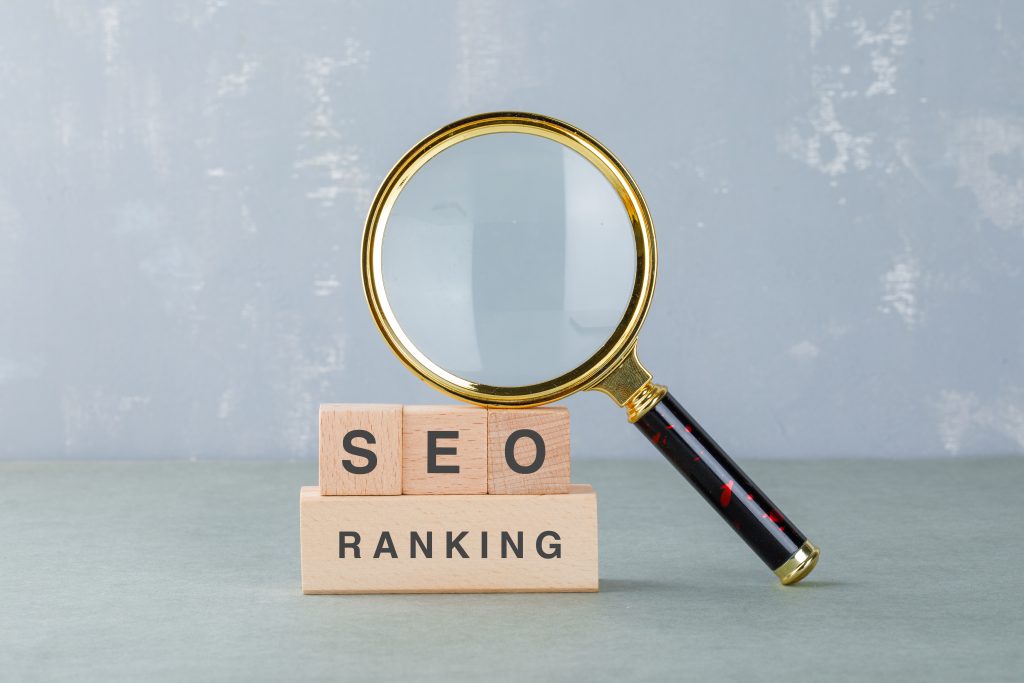Search engine optimization (SEO) is important because it helps your website rank higher in search engine results. When someone searches for a keyword or phrase that is relevant to your website, search engines like Google will use algorithms to determine which websites to show in the search results. If your website is well-optimized for search engines, it is more likely to rank higher in the search results, which can lead to more traffic, more customers, and ultimately more revenue for your business.
SEO is important because it helps your website be more visible to potential customers. When someone searches for a keyword or phrase that is relevant to your website, the higher your website ranks in the search results, the more likely that person is to click on your website and visit it. This can help you attract more potential customers and increase your revenue.
Additionally, SEO is important because it helps improve the user experience on your website. When your website is well-optimized for search engines, it is more likely to be organized and structured in a way that is easy for users to navigate and find the information they are looking for. This can help improve the overall experience that users have on your website, which can lead to more positive feedback and engagement.

1- Key factors that affect your website’s SEO
There are many factors that can affect a website’s search engine optimization (SEO), but some of the most important ones include the quality and relevance of the content on the site, the use of keywords, the user experience, and the overall authority and trustworthiness of the website. Additionally, the structure and organization of the website, the presence of backlinks from other high-quality websites, and the website’s loading speed can all impact its SEO.
- The quality and relevance of your website’s content
- The structure and organization of your website
- The number and quality of links pointing to your website
- The use of keywords on your website
- The loading speed of your website
2- Tips for improving your website’s SEO
1- Make sure your website is mobile-friendly. More and more people are using their smartphones to browse the internet, so it’s important that your website is easy to read and navigate on a small screen.
2- Use high-quality, relevant images and videos. Not only do these add visual interest to your website, but they can also help to improve your search engine ranking if you use relevant keywords in the file names and alt tags.
3- Use header tags to structure your content. Search engines use header tags to understand the structure of your content, so make sure to use them properly. Use H1 tags for the main headings, H2 tags for subheadings, and so on.
4- Use internal linking to help search engines understand the structure of your website. Internal linking refers to the links that point to other pages on your website. This helps search engines understand the relationship between different pages on your site and can improve your ranking.
5- Write unique and high-quality content. The content on your website should be informative, well-written, and unique. Avoid copying content from other websites, as this can hurt your search engine ranking.
6- Use keywords in your content, but don’t overdo it. Keywords are important for SEO, but if you use too many of them or stuff them into your content unnaturally, it can actually hurt your ranking. Instead, focus on using a few relevant keywords throughout your content in a natural way.
7- Optimize your website’s loading speed. Search engines take into account the loading speed of a website when determining its ranking. If your website is slow to load, it can hurt your ranking. You can use tools like Google’s PageSpeed Insights to test your website’s loading speed and get suggestions for how to improve it.
8- Regularly publish high-quality, relevant content that provides value to your audience.
9- Build backlinks from other websites to improve your website’s authority and credibility.
3- Tools and resources for tracking and improving your website’s SEO
- Google Search Console: a free tool that provides data and insights on how your website is performing in search engine results.
- Google Analytics: a free tool that allows you to track your website’s traffic and performance.
- Moz: a paid tool that offers a range of SEO-related features, including keyword research, link building, and site audits.
- Ahrefs: a paid tool that provides data and insights on your website’s SEO, including keyword rankings, backlinks, and traffic.
SEO is an important part of any online marketing strategy, as it can help your website rank higher in search engine results and attract more potential customers.
By understanding the key factors that affect your website’s SEO and implementing the tips and tools mentioned above, you can improve your website’s performance in search engine results and drive more traffic and revenue.



